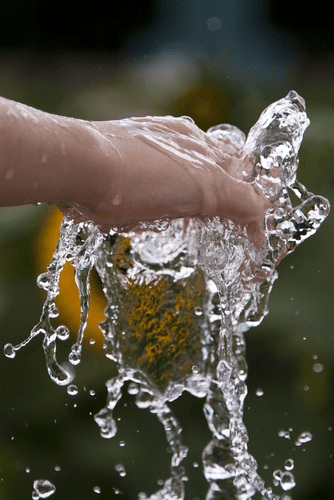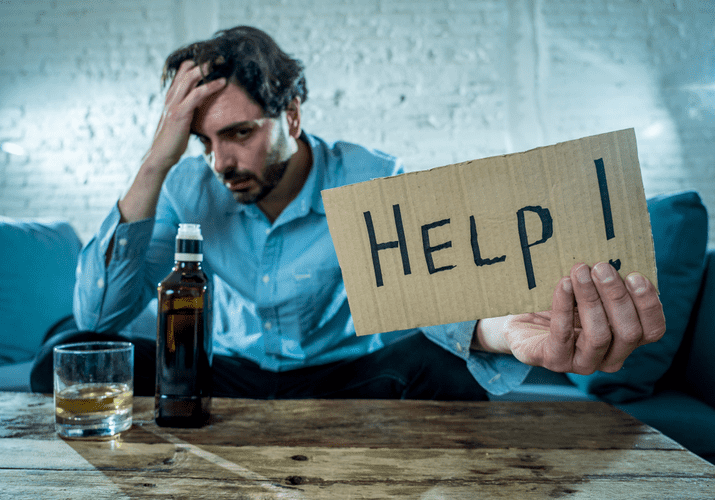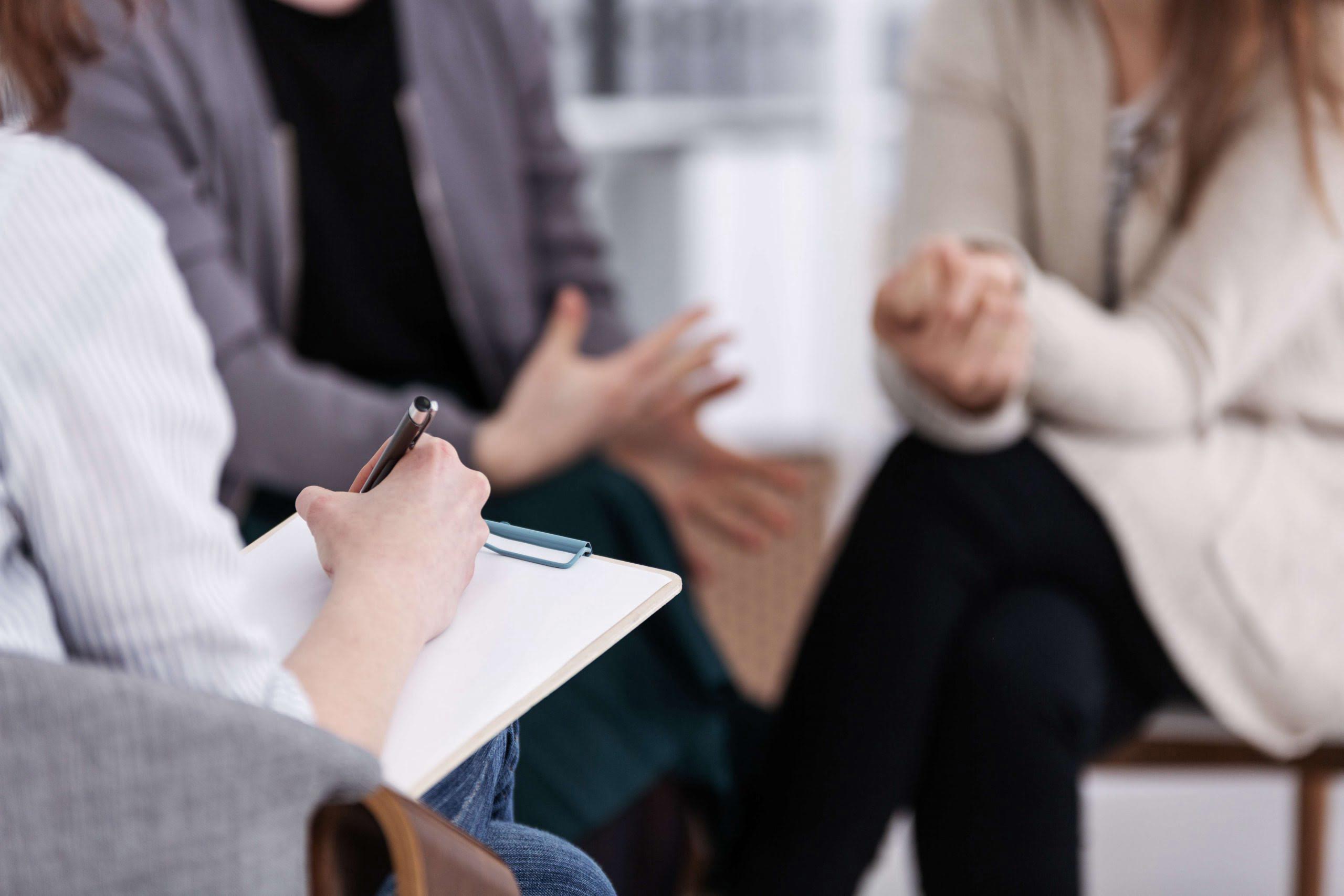Individuals dealing with addiction and mental illness often face greater challenges in recovery, as each condition can worsen the other. For some individuals, the effects of alcohol on anxiety can extend beyond the immediate Alcoholics Anonymous drinking session, leading to anxiety symptoms that persist for days afterward. Understanding the dynamics between alcohol consumption and anxiety requires a nuanced exploration of both psychological and physiological factors, which mental health professionals continue to investigate and address. Substance-induced anxiety disorders are often treated using group and individual therapy.
Level of Evidence

Alcohol disrupts how the brain deals with stressors, whether they are real or not. Most often, the anxiety you feel after drinking is due to your brain sending a false signal of fear, causing you to panic when there isn’t anything to panic over. The fear of having a panic attack, because they are so frightening, can be a reason why some people continue to drink alcohol. The comorbidity of alcohol dependence with another psychiatric disorder is very common (7–10), while the association of AUDs with other neuropsychiatric illnesses, such https://yvemorestores.com/vicodin-symptoms-side-effects/ as depression or AnxDs, is also very frequent (11–14). Neurobiological mechanisms underpinning these associations include neurotransmitter system disruptions, alterations in stress response pathways, and structural changes in brain regions implicated in emotional regulation and reward processing.

Risk Factors for Developing Alcohol-Induced Anxiety Disorder
It works by increasing serotonin levels in the brain, which helps regulate mood and reduce anxiety. As part of your treatment plan, doctors might prescribe medications to target anxiety symptoms,9 such as selective serotonin reuptake inhibitors (SSRIs). Many people who struggle with anxiety turn to alcohol to cope with their stress. We explore the self-perpetuating relationship between alcohol and anxiety, and provide insights and resources to help you manage both.
- It lowers levels of GABA—making you feel less calm—and boosts glutamate, which increases anxiety.
- 1B, Portugal is the biggest consumer of wine among the listed countries, despite a notable decline in per capita consumption since 1990 that has stabilised slightly recently.
- This method primarily detects linear causal dependencies over time, based on the aggregated nature of the secondary datasets.
- Further to the above policies, to effectively address the intersection of alcohol consumption and anxiety disorders, it is imperative for policymakers to account for demographic diversity, particularly age and gender differences.
The Relationship Between Alcohol and Anxiety

When this happens, you can develop anxiety by ruminating over what people think about you after seeing you in that position. Even when you become sober, you may still have lingering anxiety when socializing. Being able to explain your symptom timeline to a doctor or licensed mental health professional can help them figure out the effects of alcohol on anxiety. It’s a mindfulness-based therapy that teaches you to be more present and change the way you relate to your thoughts rather than trying to change the thoughts themselves. Psychotherapeutic interventions have shown ample evidence of their efficacy in dual anxiety treatment. The NICE guidelines recommend addiction-focused counseling and training in coping strategies for substance-induced AnxDs.
- As your body processes alcohol, GABA decreases, but glutamate stays active at its new, increased level, which leaves you more anxious when not drinking, says Dr. Batista.
- Although the specific cues differ, application of exposure for each disorder generally involves repeated presentation of feared stimuli until the patient has become used to them (i.e., habituation is reached), resulting in extinction of the fear response.
- Dehydration, disrupted sleep patterns, and fluctuations in blood sugar levels can also contribute to feelings of anxiety the day after drinking.
- Estimates in this area are similar to high-income European countries in the literature 31.
- Moreover, in the European continent, only Croatia exhibits a bidirectional causal relationship in all three categories of alcohol consumption with anxiety.
- The greater the amounts of alcohol consumed and the more regular the intake, the more likely a person will be to develop temporary anxiety and depressive symptoms.
According to some animal research, those who drink alcohol in their youth may be more prone to anxiety in adulthood, which might suggest a causal relationship. Research suggests there may be a bidirectional connection between anxiety disorders does alcohol give you anxiety and AUD. Talk to your doctor about alcohol consumption before taking any of these medications, as side effects can be harmful or fatal. Occasionally unwinding with alcohol isn’t necessarily dangerous if your doctor approves. But once you start drinking, you can build a tolerance to the de-stressing effects of alcohol. Researchers found those who use alcohol to cope with anxiety have greater chances of becoming dependent, misusing alcohol, or developing alcohol use disorder.
